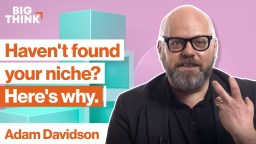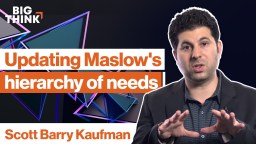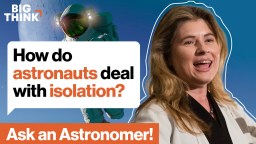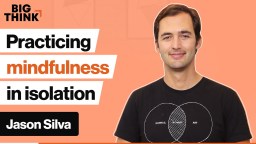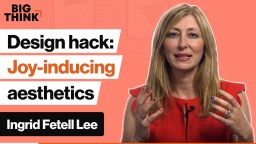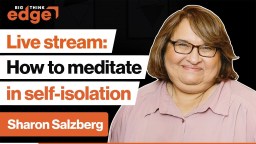emotions
A 12-year long study examines the differences between how same-sex and different-sex couples argue, with some surprising results.
Just before I turned 60, I discovered that sharing my story by drawing could be an effective way to both alleviate my symptoms and combat that stigma.
To create wiser adults, add empathy to the school curriculum.
Online dating has evolved, but at what cost?
According to the analysis, the more yoga sessions a person did each week, the less they struggled with depressive symptoms.
The study provides initial evidence that open, strong postures can improve children’s mood and self-esteem.
Pups in puberty prefer not to listen to their owners.
There are countless studies that prove ecotherapy (often referred to as nature therapy) is beneficial for your physical and mental health.
Using magnetic nanoparticles, scientists stimulate the adrenal gland in rodents to control release of hormones linked to stress.
This is one of countless studies that prove the positive impact of social connection and intimacy while highlighting the negative impact of isolation and separation.
A critical thinking framework developed by psychologists can help teach mental skills necessary for our times.
Do adults need to be more carefree, in order for their lives to go well?
Someday, presumably, we’ll go back to our lives. Our furry buddies will wonder where we went.
Most people don’t know what they’re passionate about.
▸
7 min
—
with
Some hold that mental disorders are brain diseases. Others argue that they’re social constructs used to medicalise aberrant behaviour.
Being aware of this issue is a big first step in helping vulnerable communities (such as those struggling with addiction) combat relapse during this pandemic.
Flow Research Collective COO Rian Doris explains how to harness the power of your nervous system to find your flow during a pandemic.
In order to gain more from spending time alone, it is important to be open to the benefits that solitude can bring.
How does the COVID-19 pandemic affect relationships? One study aims to find out. If you have 20 minutes, take the survey!
Rather than trekking up a mountain, a more accurate metaphor for human development involves navigating the waters of a choppy sea.
▸
6 min
—
with
Johns Hopkins University professor Susan Carnell explains the neuroscience behind eating out of boredom (and how to stop).
Being stuck at home is not as intense as being away from Earth, but there are ways to cope in either scenario.
▸
5 min
—
with
Our live stream with Harvard literature professor Lisa New begins at 1 pm ET today.
▸
with
Dr. Robert Emmons and other researchers dig into the positive mental and physical health benefits of expressing gratitude.
When you stop predicting the future and comparing the present to the past, you can reach a beneficial flow state.
▸
4 min
—
with
Your fear of anxiety could be preventing you from treating your anxiety, according to new Penn State research.
Why finding joy is more easily attainable than the pursuit of happiness.
▸
9 min
—
with
Researchers advise using emojis to improve communication under coronavirus isolation.
Our lives have been transformed by the coronavirus pandemic. How can we successfully adapt to the new demands and rules of a society that is sheltering in place? What can […]
▸
with
How can we promote the creation of new neurons – and why is it so important?













